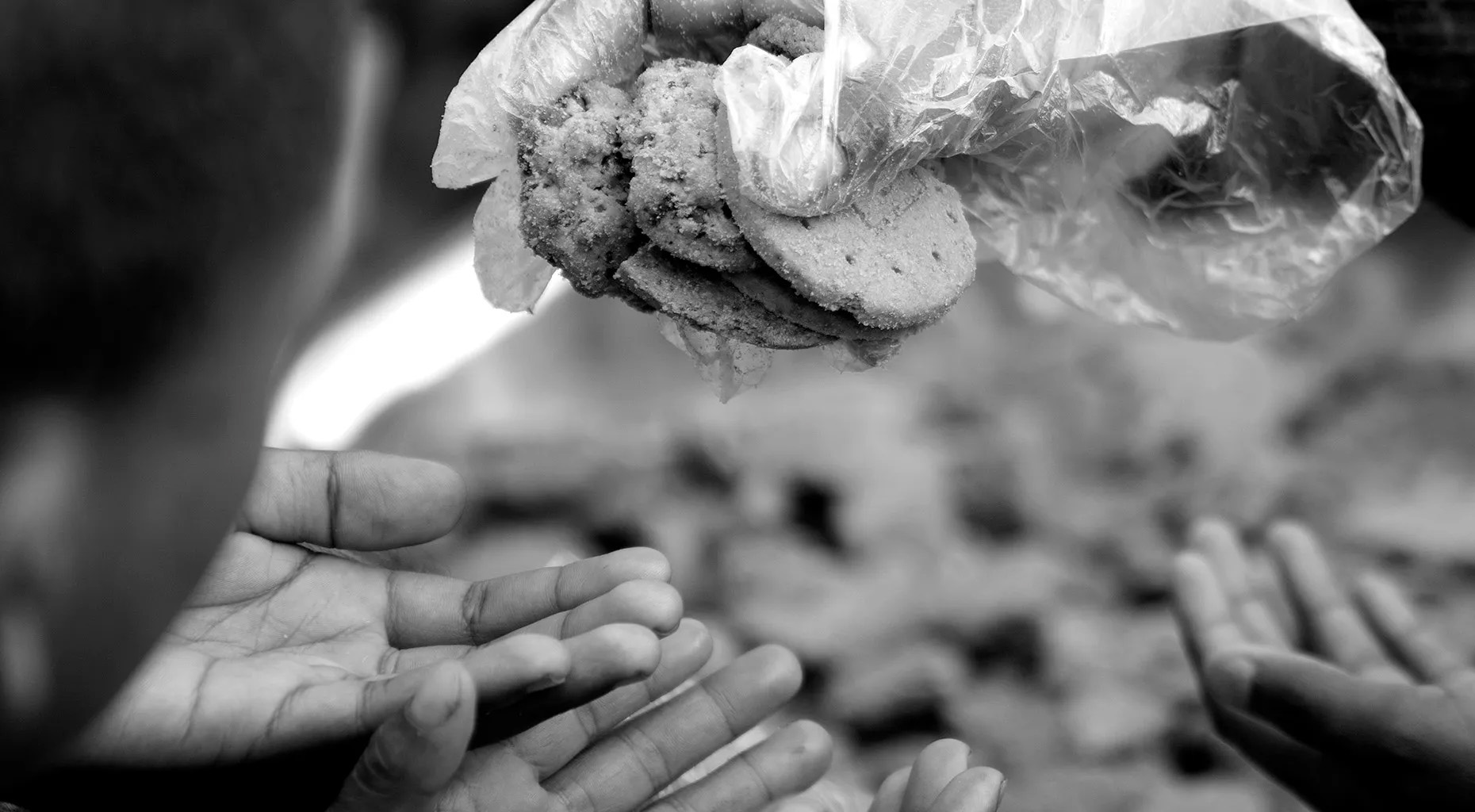The evidence is undeniable: the Health Promotion Levy, enacted in 2018 to combat South Africa’s soaring rates of diet-related diseases, delivered on its promise. Multiple studies have demonstrated that the tax has successfully reduced both sugary drink consumption and overall sugar intake.
In the first year alone, the volume of sugary drinks purchased plummeted by half, leading to a nearly one-third drop in sugar consumption. At the same time, South Africans turned to healthier options, replacing fizzy drinks with non-taxed options like water or diet beverages. These findings have been validated by peer-reviewed journals and industry alike.
Cost-effective
Around the world, governments and international organisations have recognised that taxing sugary drinks is a simple, cost-effective way to promote public health. From the UK to the US to Mexico, these taxes have reduced sugary drink consumption without hurting the economy. In five US cities that implemented sugary drink taxes, sales of these drinks dropped and the trend continued over time.
The critics who predicted economic disaster were proven wrong: employment in the food and beverage sectors remained stable, and in Mexico, the beverage manufacturing industry saw no significant job loss. Moreover, these taxes are projected to reduce obesity, type 2 diabetes and other diet-related diseases — benefits that translate into healthier, more productive populations.
Yet, despite the overwhelming success of the levy, there are those who continue to wage false accusations about its ineffectiveness and supposed harm to South Africa. Opponents falsely claim that the levy has led to job losses and that similar taxes have failed in other countries. But these accusations are not grounded in fact – they are the product of fearmongering and pressure from powerful industries. Sadly, this pressure has led the government to freeze the tax rate, undermining the Health Promotion Levy’s ability to meet its full public health potential. What’s worse, this narrative shifts the focus away from the real, long-term benefits of the levy: a healthier population and the cost savings that come from reducing the burden of non-communicable disease rates.
Let’s be clear: sugary drink taxes like the Health Promotion Levy don’t just promote health — they promote health equity. After all, sugary drinks disproportionately harm low-income communities, where diseases like diabetes take a devastating toll. These communities bear the brunt of healthcare costs and the loss of economic productivity. By curbing sugary drink consumption, the levy helps alleviate this burden and ensures that everyone, regardless of income, has a fair chance at a healthier future.
Critical crossroads
South Africa stands at a critical crossroads. Will we cave to the interests of industries that profit from poor health, or will we continue to invest in a policy that is making our nation healthier? Now is not the time to weaken the levy – it’s time to strengthen it. The benefits of health taxes like the Health Promotion Levy extend beyond public health: they also boost the economy by raising revenue and reducing the economic burden of healthcare costs. Most importantly, they provide a pathway to reversing the alarming rise in diabetes, obesity, and related diseases in South Africa.
The choice is clear. The Health Promotion Levy is not just a tax; it’s a lifeline. Let’s not let misinformation and special interests dictate the future of our nation’s health. Now is the time to double down on this effective policy — for our health, our economy, and our future. DM
Nzama Mbalati is the CEO of the Healthy Living Alliance (HEALA).




